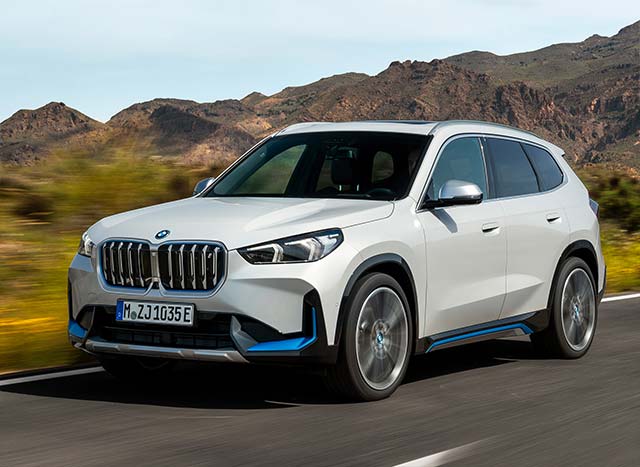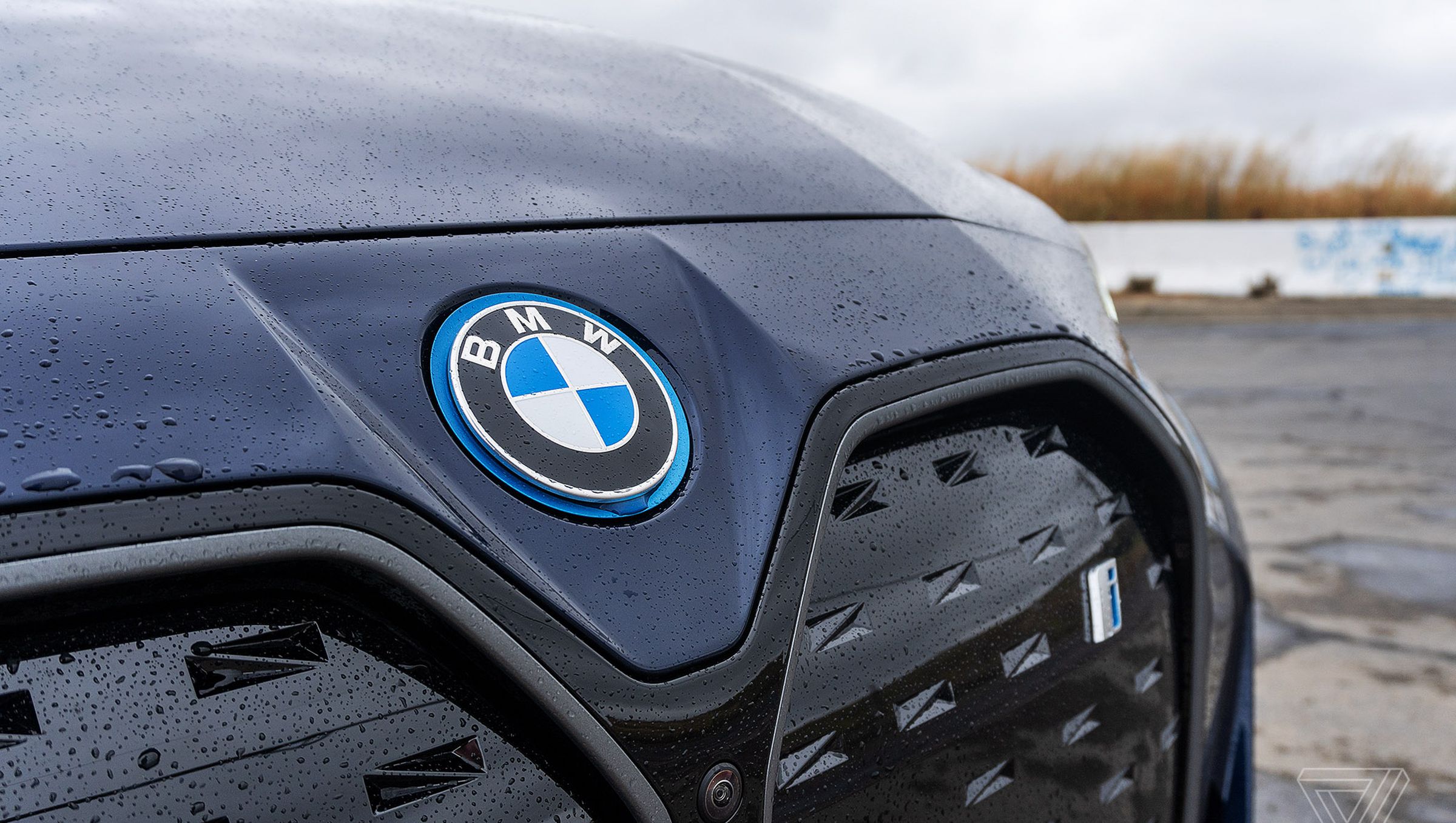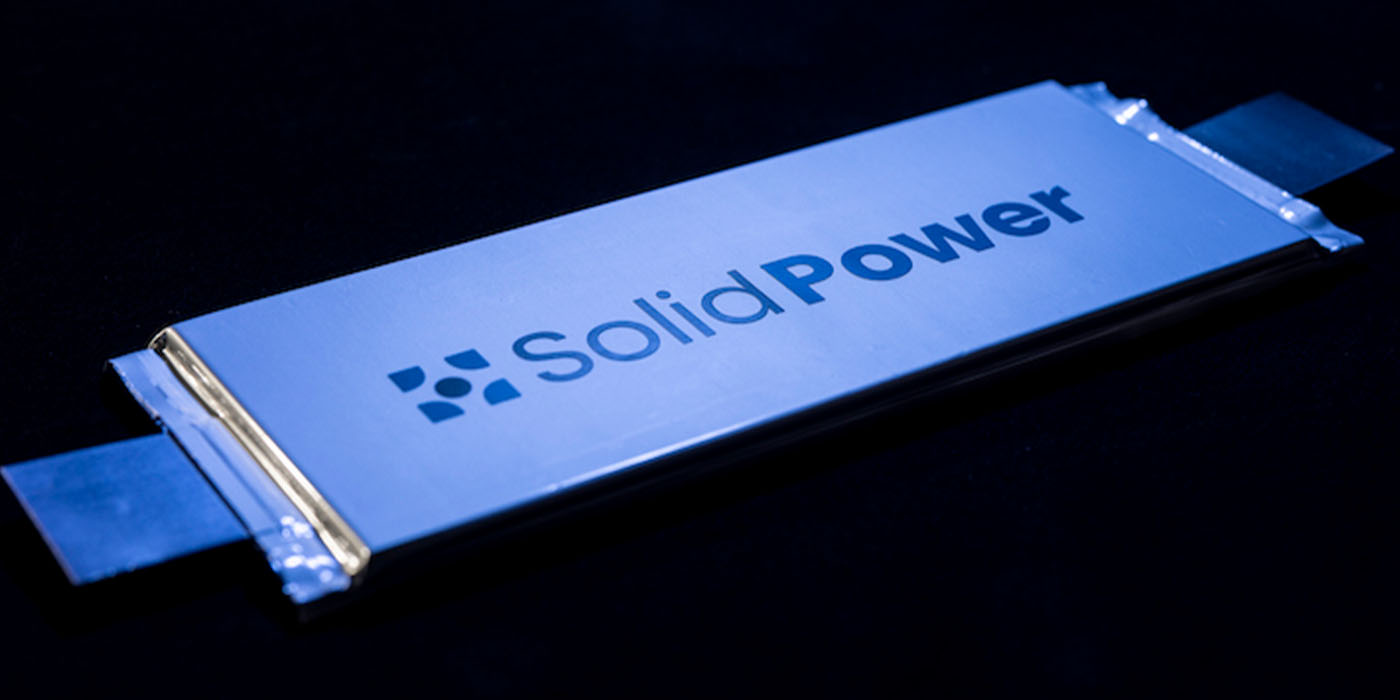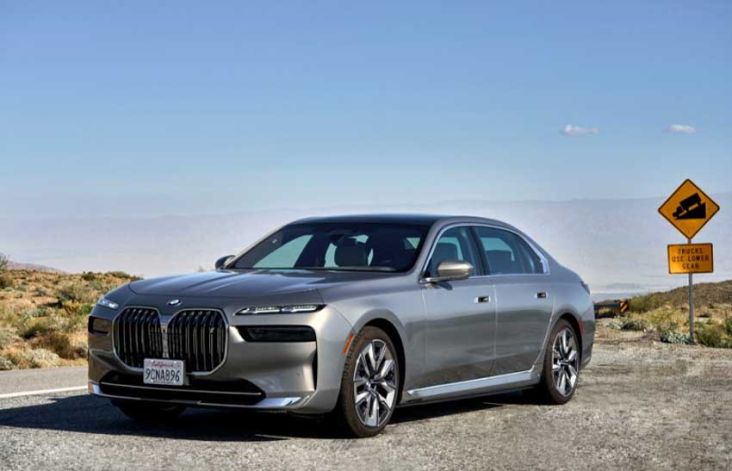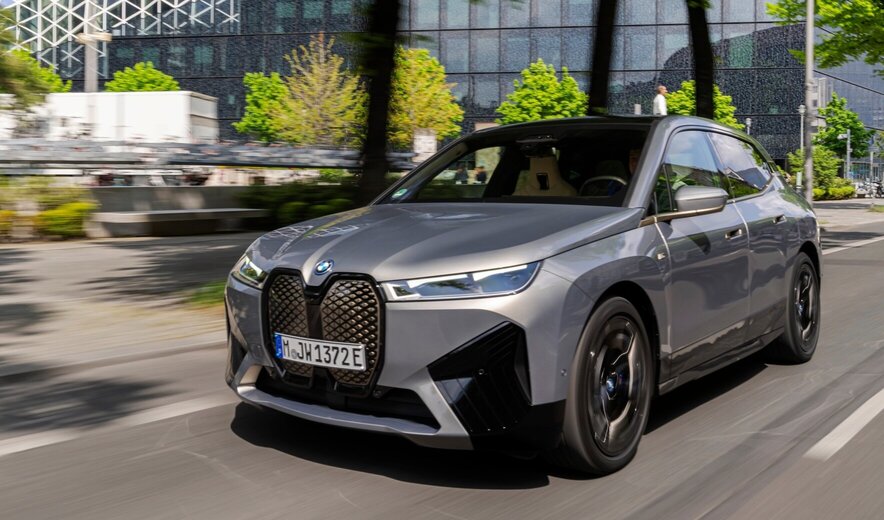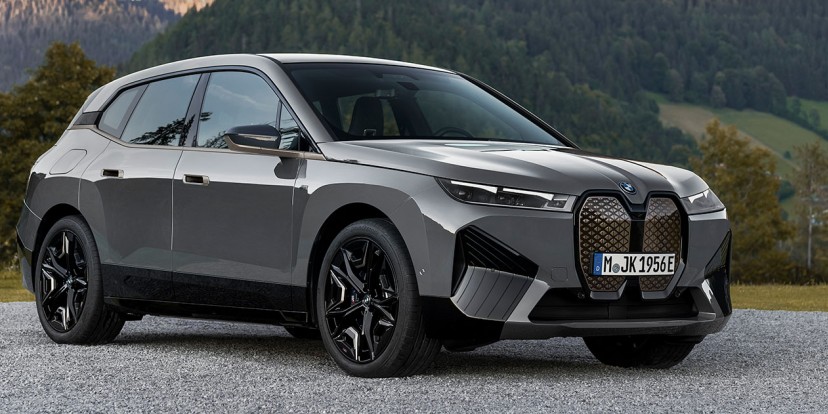BMW announced at the 2023 Consumer Electronics Show that it will not provide over-the-air performance upgrades for its electric vehicles. As a result, customers who want a faster accelerating BMW iX will have to opt for the M60 variant.
This decision was confirmed by Frank Weber, a member of BMW’s Board of Management for Development. This differs from Mercedes-Benz’s approach, which faced criticism in the past for its $1,200 Acceleration Increase subscription.
As a reminder, Mercedes previously offered a $100 per month upgrade on its EQE 350 to increase output from 288 to 349 horsepower, resulting in a drop in 0-60 mph time from 6.0 to 5.2 seconds.
On the EQS Sedan, the upgrade raised output from 355 to 443 hp and reduced 0-60 time from 5.3 to 4.5 seconds. Owners who discontinued the $100 per month payment would lose the power boost.
BMW has not adopted the subscription-based business model for OTA features, despite experimenting with it in South Korea. The reason for this is not that BMW is opposed to charging owners for these features, but rather that the company finds it easier to operate in this way, rather than responding to customer feedback.
Automakers are required to disclose the power specifications for all new vehicles, including any changes made through software updates. If BMW were to offer additional power output options, it would need to submit new paperwork for each option, which can be costly and time-consuming.
In Europe, Mercedes has faced legal issues over its subscription-based power boost service. While this type of service is currently legal in the US, some states like New Jersey are seeking to make it illegal. The author believes that offering a one-time purchase for more power in EVs is preferred rather than subscription-based, citing the Polestar 2’s 68 hp boost option for $1,195 as an example.

